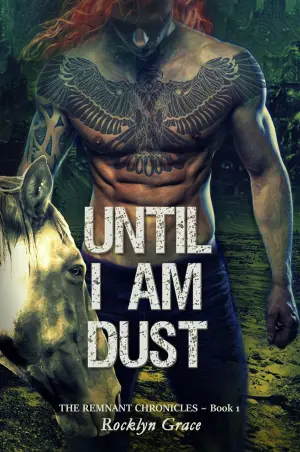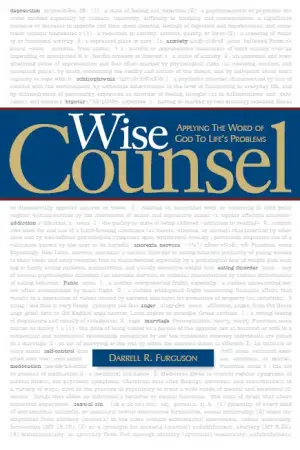Book Review: Roadside Picnic by Arkady and Boris Strugatsky
As an avid reader with a penchant for science fiction, I was eager to dive into "Roadside Picnic," especially given its reputation as a hallmark of the genre. The premise piqued my interest: an exploration of a post-alien visitation world, with a focus on the black market trade in mysterious artifacts left behind. This exploration combined with the existential themes drew me in, promising a thoughtful read.
The narrative follows Red Schuhart, a "stalker" who enters the dangerous Zones, collecting alien artifacts amidst the deadly anomalies. The story starts off with an atmosphere laden with danger and curiosity, making it an electrifying read. Red’s motivations are driven, in part, by a desire for betterment—financially and emotionally—yet it becomes clear that his journey is also a poignant commentary on the nature of humanity’s relationship with technology and survival.
One of the standout aspects of "Roadside Picnic" is the depth of its characters. Red is a beautifully flawed protagonist, whose struggles to navigate a world filled with despair resonate deeply. His friendship with Kirill adds further emotional weight, as both characters grapple with their dreams and harsh realities. It’s this focus on human experience that elevates the narrative beyond mere science fiction tropes; as Chris noted in his review, the story is more about the contact between humans and the alien debris, which renders the narrative deeply relatable.
Another highlight is the translation quality—while some readers noted clumsiness in certain phrases, I found it largely crisp and engaging. This deserves recognition, especially considering the book’s lengthy tenure before this authoritative reprint. The fluid prose truly pulls you into the philosophical dilemmas at play, as Red navigates his ever-changing world.
However, I must address two significant drawbacks that stood out during my reading. Firstly, despite the compelling character arcs, readers may find the overall tone rather bleak and despairing. As mrliteral captures well, there’s a palpable sense of struggle against a backdrop of oppressive forces, both societal and supernatural. This may not be an enjoyable experience for those looking for lighter fare. Secondly, while the themes are thought-provoking, some sections might feel dense or overly philosophical to readers who prefer a more straightforward narrative.
To expand on the official book description, Red’s life is dominated by his hazardous adventures into the Zone to collect a “full empty,” an artifact that symbolizes hope and despair alike. This single artifact encapsulates the duality of Red’s existence—his longing to escape the cycle of poverty while simultaneously being drawn back into the Zone by obstacles that seem insurmountable.
In conclusion, "Roadside Picnic" exceeded my expectations as a thought-provoking work that challenges the reader’s perception of humanity and technology while spinning a compelling narrative. The translation and character development contributed significantly to the quality of the reading experience, making it impossible to set aside once I began.
I wholeheartedly recommend "Roadside Picnic" for fans of science fiction who are open to exploring philosophical themes. If you appreciate deep character studies wrapped in a dystopian frame, this book should be on your reading list. Just be prepared for a journey that’s unsettling yet enriching—sometimes, the most rewarding read is one that prompts reflection on our very existence.
“Explore the captivating world of ‘Roadside Picnic’ and uncover the mysteries that await.” >>








